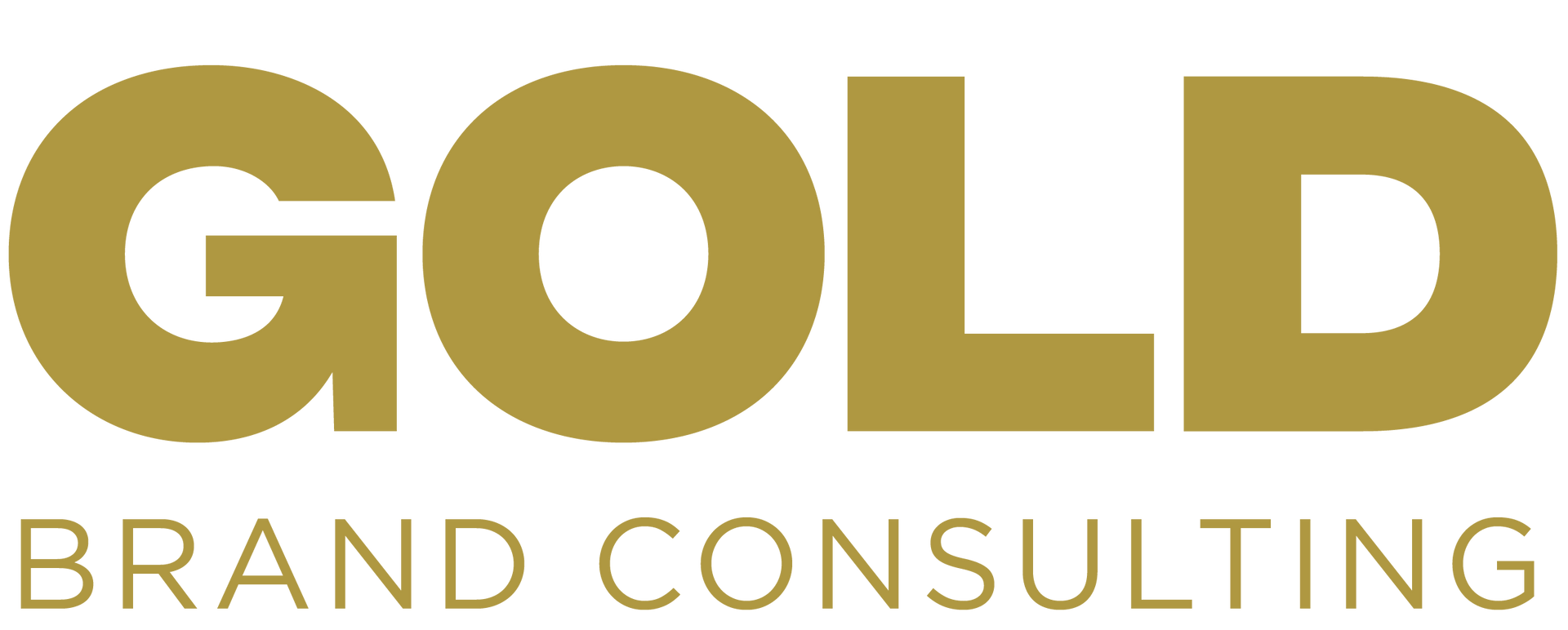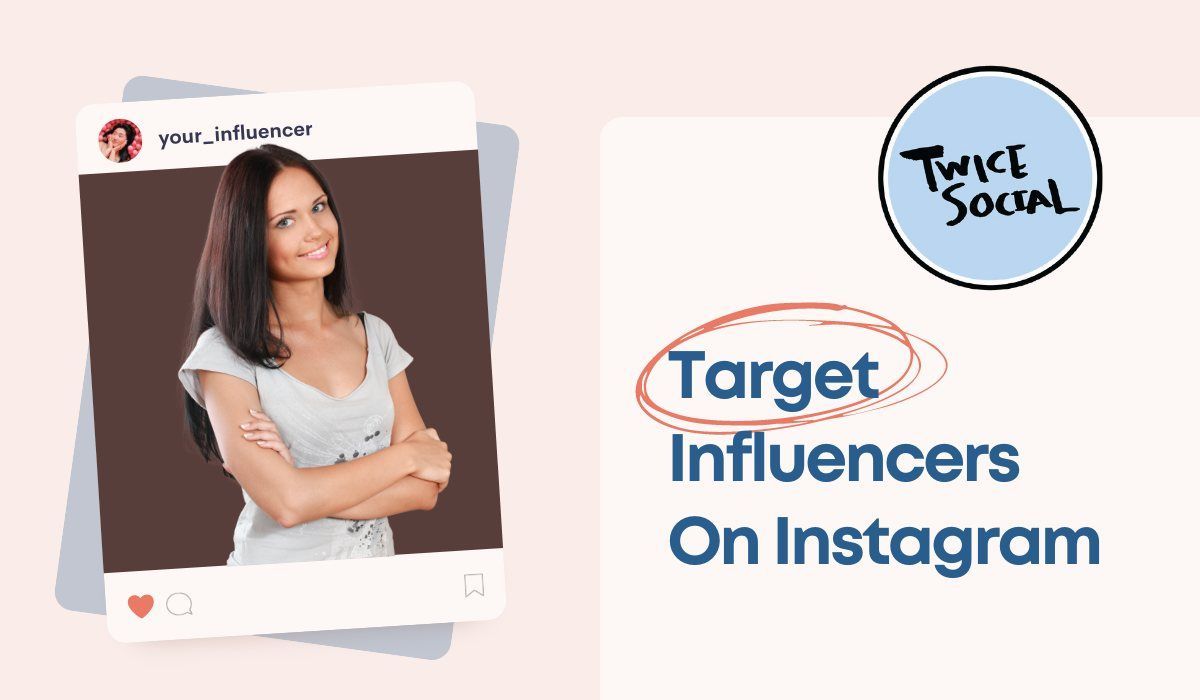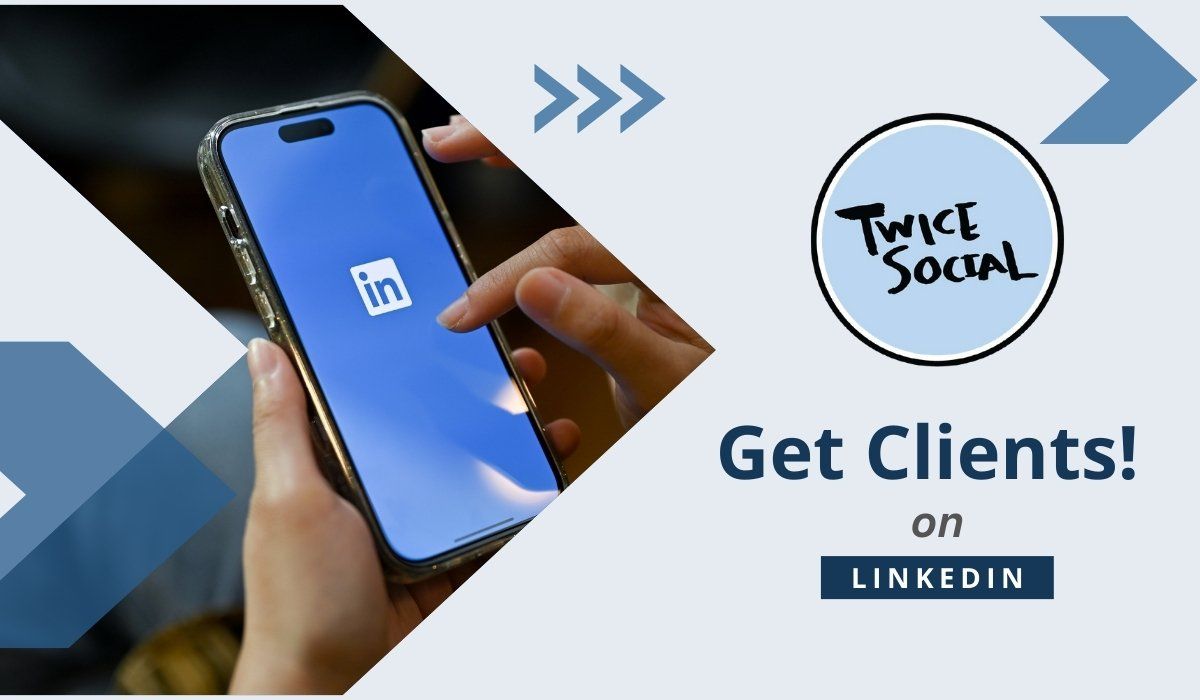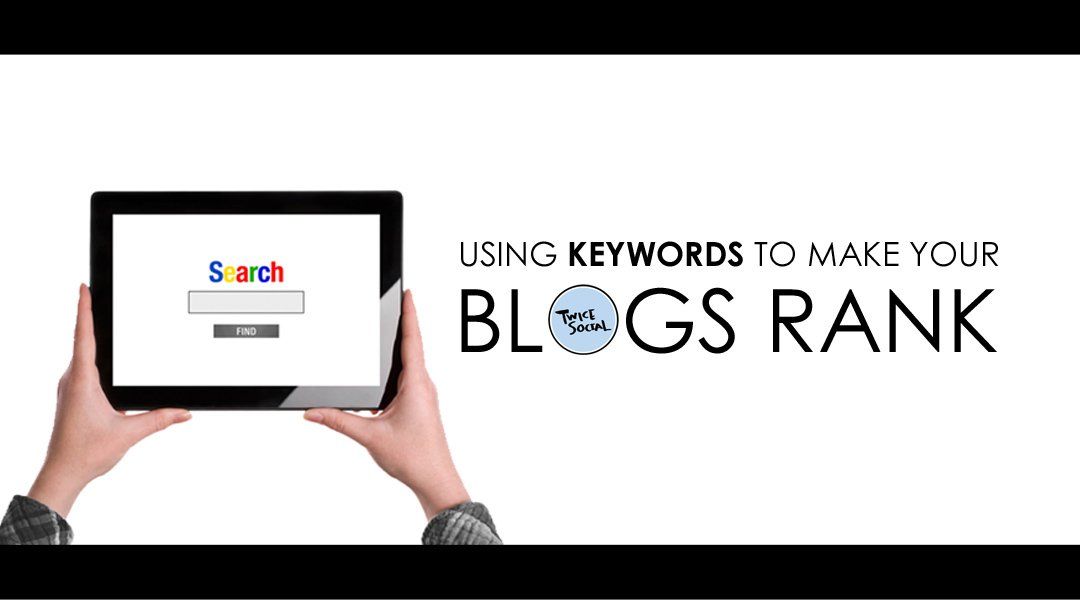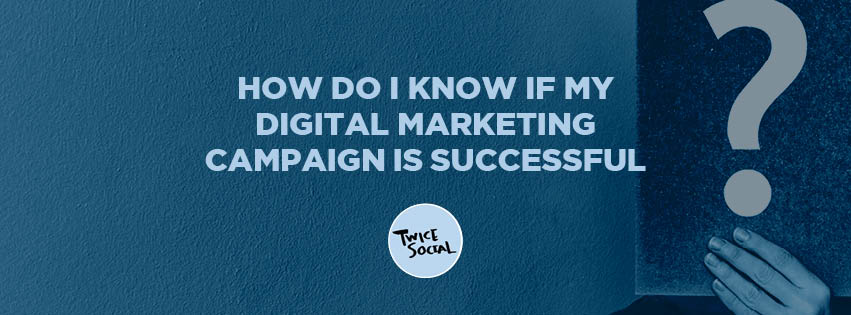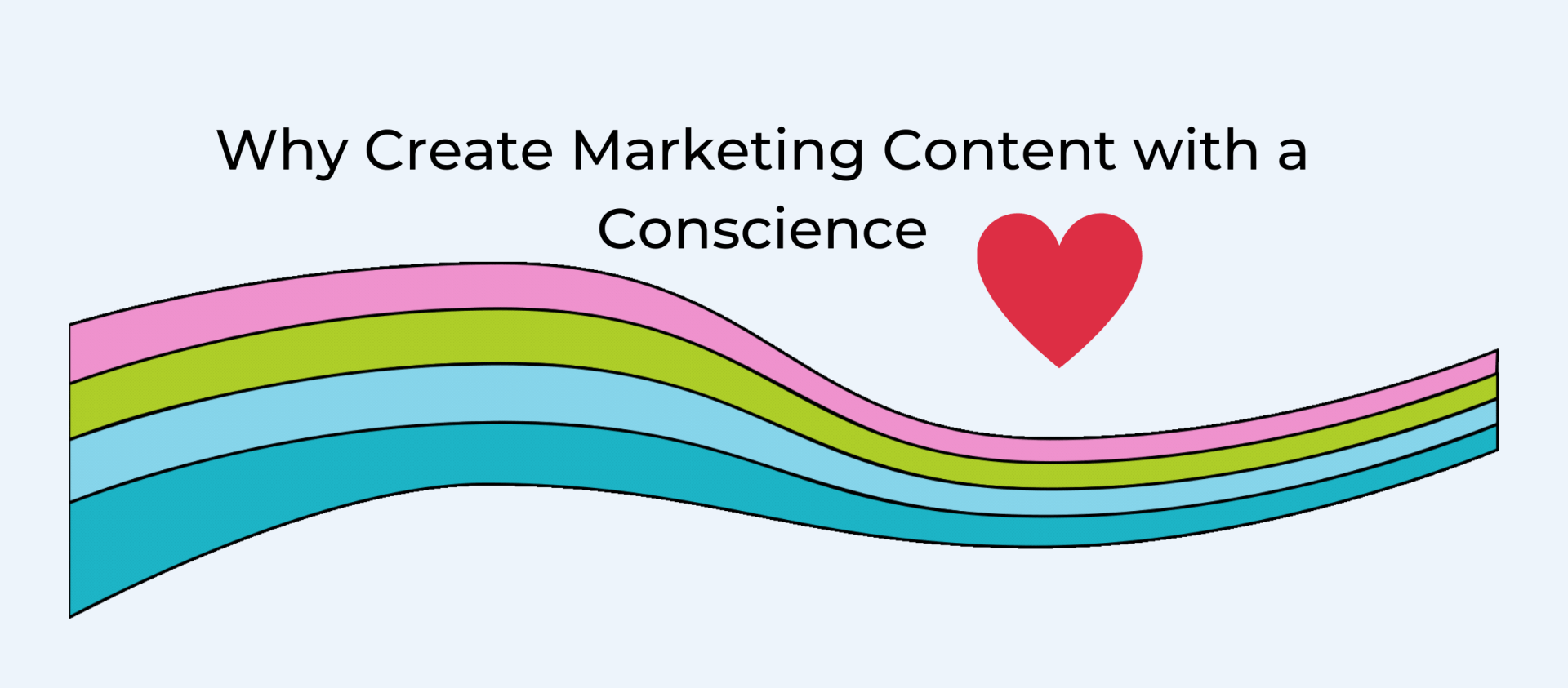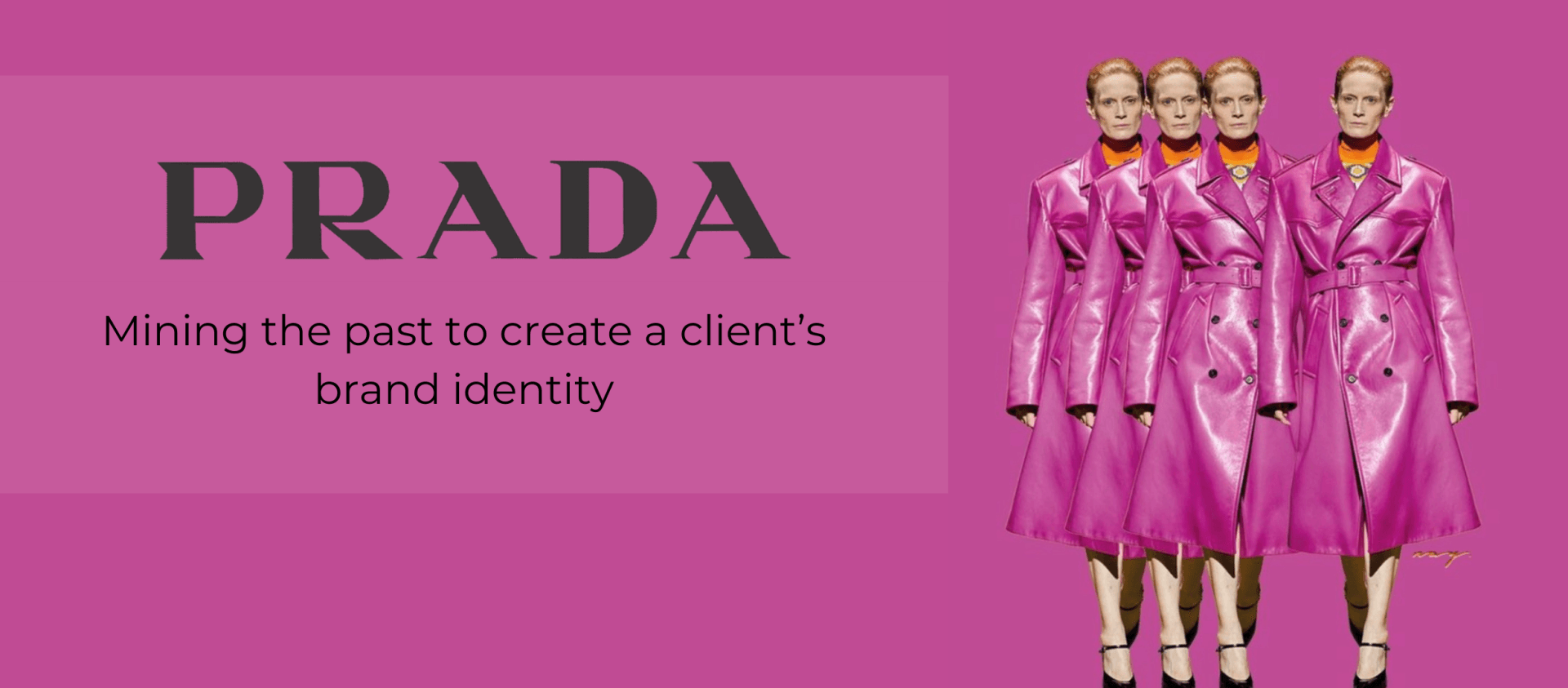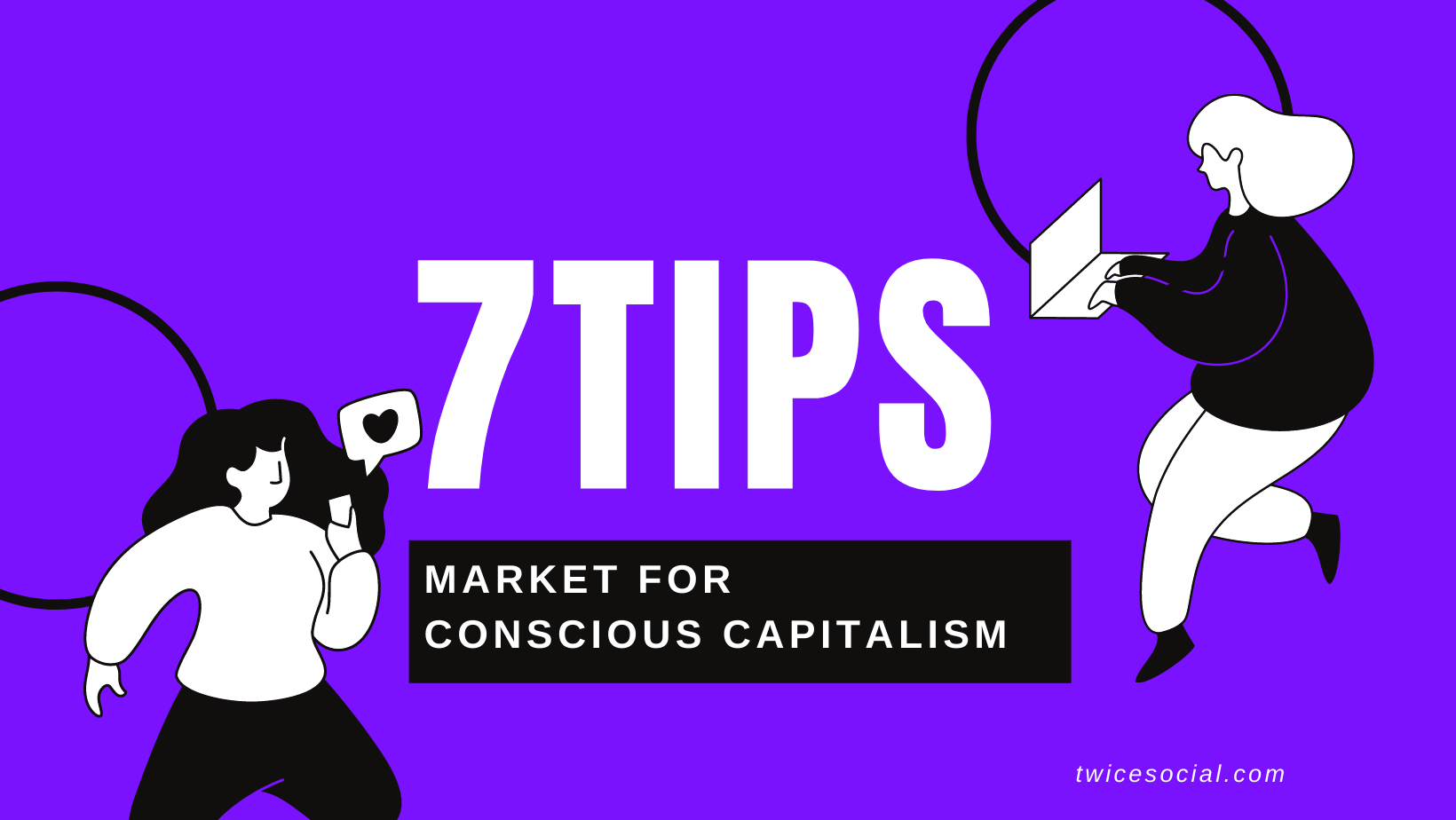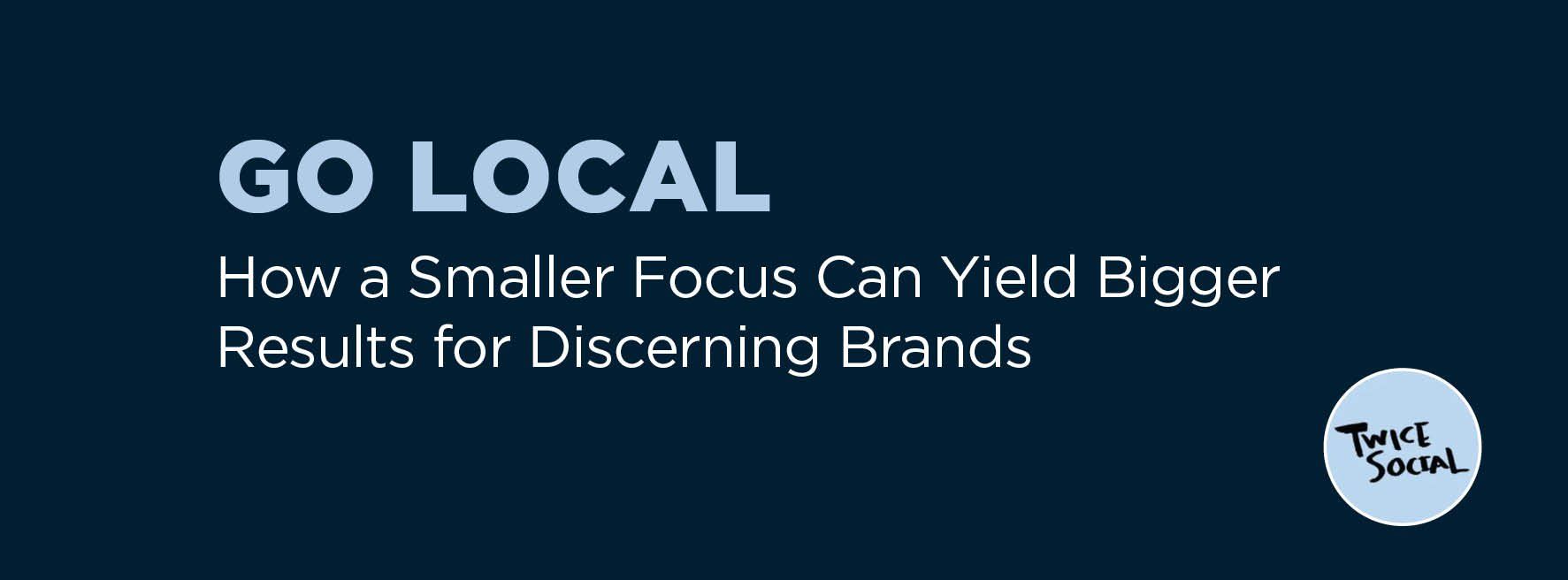4 Strong Clues Influencer Marketing Should Be Part of YOUR Strategy
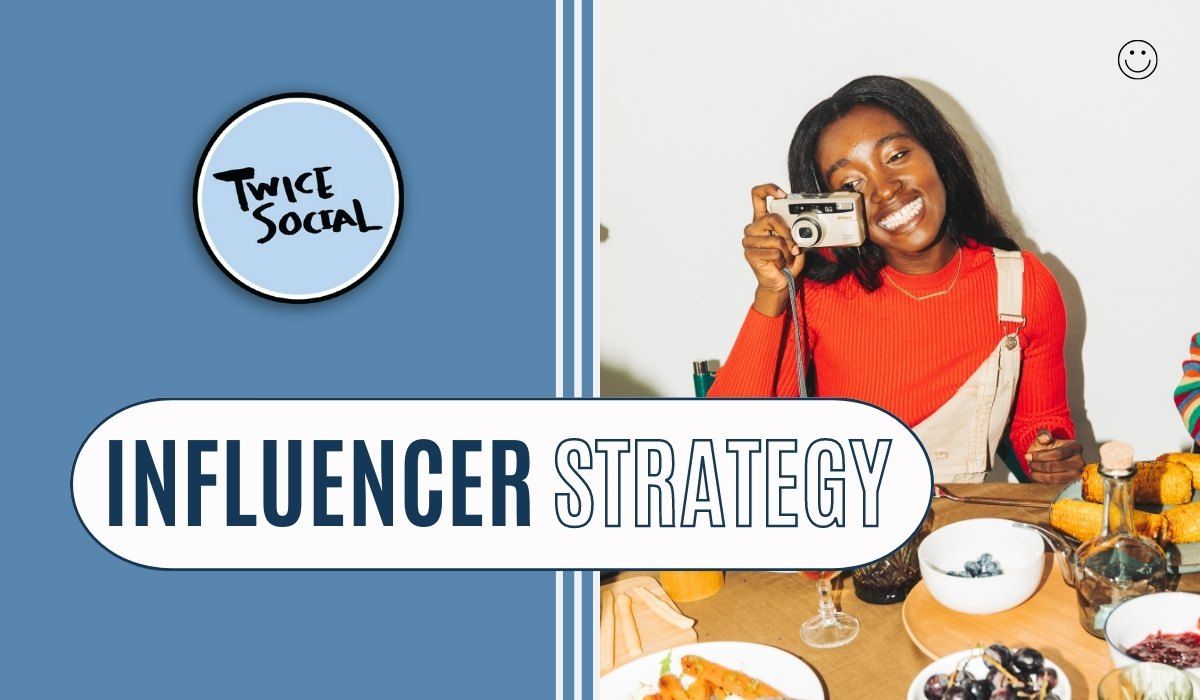
For years, traditional advertising has gotten a bad rap. It’s pushy. It’s, at times, deceptive. From junk mail to late night infomercials, we’ve all had our own bad experiences with advertising. Brands know this, and they don’t care for the negative association any more than consumers do. So, as always, advertising experts are seeking out the next best strategy.
Enter, influencer marketing.
What Is Influencer Marketing?
Influencer marketing takes ordinary consumer behaviors and then supercharges them.
Traditionally, brands attempt to tell the consumer what to think and buy through advertising. For example:
“Want to feel more confident? Your problem is that your teeth aren’t white enough. Buy our toothpaste, and your problem will be solved!”
This strategy has worked for decades and continues to work in many industries. However, change is on the horizon. Advertisers are well aware that “84 percent of Millennials don’t like traditional advertising nor do they trust it” (source).
With influencer marketing, the positioning shifts. Influencer marketing leverages for advertorial purposes the relationship and trust that’s already been built between a public figure and an audience.
Influencer marketing can be highly effective for young, relatively unknown brands, who can get broad exposure through partnering with “micro-influencers” and those influencers’ established audiences. Wouldn’t you want to know if this strategy could work for you?
According to a recent major
report by LINQIA:
- 92% of marketers who used influencer marketing found it to be effective.
- 37% of marketers using the strategy partner with 1-10 influencers; 34% partner with 10-25.
- 92% of marketers say Instagram is the most important platform for influencer marketing. (Facebook and blogs are a close second and third.)
4 Clues It’s Time to Seriously Consider Influencer Marketing
Clue #1: The most successful brands in your space already use them.
If a quick competitive analysis reveals that the top brands in your space are partnering with influencers, then there’s a strong chance your company should be doing the same. This is an easy clue that you should start exploring influencer marketing. If you’re in e-commerce, fashion, health, beauty, or other related industries, go ahead and assume your most successful competitors are already leveraging this strategy!
Clue #2: Your brand struggles with credibility.
This problem can affect any company, but those in the health/wellness sector tend to face some of the biggest challenges. Furthermore, the FDA has very stringent rules about claims related to weight loss, supplement benefits, etc. Having someone else (an “influencer”) say these things for you can go a long way in building your brand’s credibility.
Clue #3: Your current strategies are generating their max returns.
Yes, advertising can scale. But many Facebook advertisers find that after a certain point, an increased budget doesn’t translate into increased sales. If you’re tapping out your ad budget, email list, and other current advertising and marketing strategies, then it might be time to look to influencer marketing. According to one poll of marketing pros, businesses are generating $6.50 for every $1 spent on influencer marketing.
Clue #4: Your SEO leaves something to be desired.
Influencer marketing is primarily about sales, but it does offer some additional benefits. By getting more people to mention your brand and link to your website, you’ll generate quality backlinks to your website, which will help improve your SEO and lead to even more organic sales in the future!
We Can Help with Your Influencer Marketing Strategy!
Influencer marketing doesn’t have to be mysterious. You also don’t have to match any of the above clues to give this strategy a try! As a leading social media agency in Nashville/NYC, we’ve helped brands in a wide variety of industries partner with influencers and grow their marketing campaigns with the power of influencer marketing. We can help you, too! Contact us for a no-cost phone consultation to find out how.

